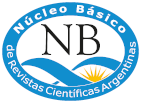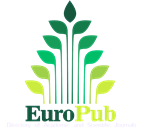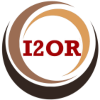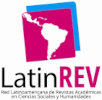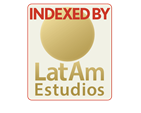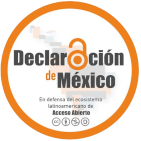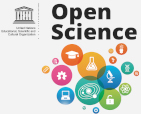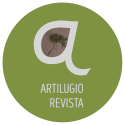Plagiarism Policy
- Detection of plagiarism
Artilugio and EdFA (Faculty of Arts Publications) adhere to the guidelines developed by COPE (Committee of Publication Ethics) on good publication practices (1997), in this way guaranteeing the strictest standards of confidentiality during the entire evaluation process and committing the journal to reject the publication of articles where cases of plagiarism, self-plagiarism, or fraud are detected.
Plagiarism is defined as substantially copying another’s work and attributing the credit to oneself; using words or ideas without giving credit to the original authors, not using quotation marks or some other form to distinguish a direct quote, giving incorrect information on a source, and paraphrasing a source without mentioning it or over-paraphrasing it even if the source is mentioned.
Self-plagiarism is defined as duplicate publications where authors either publish a full article or part of an article of their own without quoting themselves or publish identical articles in more than one journal. It is important to mention that submitting printed or digital works that were displayed at presentations or conferences held at academic meetings are not considered redundant publications because they are not internationally deemed as publications. Thus, these publications do not represent cases of unethical misconduct or self-plagiarism as long as attribution to these previous academic meetings is provided in a footnote at the beginning of the text. Texts that are reformulations or updated versions of an already published scientific article and which aim at completing or complementing research with new relevant information are also not considered cases of self-plagiarism as long as this is made explicit in the text.
To avoid plagiarism, self-plagiarism or fraud, all submitted works will be thoroughly reviewed by the Editorial Board. In a first stage, texts are screened with Quetext, a plagiarism-detection software that uses DeepSearch™ technology to identify plagiarism, including texts that have been rewritten with slight modifications. If no coincidences are found, Google and Google Scholar are used in a second stage to screen some fragments of the texts (quotation marks are used) since the indexing and response times from these search engines allow a thorough check in the network.
Likewise, reviewers are required to inform in their evaluation form of any substantial similarities between the work under assessment and other published work (plagiarism or self-plagiarism).
- Penalties
Every author submitting an article must send as an attachment a sworn statement with their signature (see a template) where they state that their work is original and unpublished, that they are the authors (or coauthors) of the work, that they have met the ethical standards defined by the journal, that they own the rights or have been granted the licenses necessary to reproduce the images included in the work, that there is no conflict of interests, and that they have not submitted or will submit their work in other journals until the evaluation process of this journal is finished.
Any form of plagiarism or self-plagiarism; duplicate, multiple, or redundant publications; citation manipulation, data falsification and fabrication, and conflicts of interest are deemed as serious ethical misconduct and scientific fraud by Artilugio.
If any of the above-mentioned practices are detected, the Editorial Board will follow the procedures indicated by COPE (Committee on Publication Ethics) for each case -see http://www.publicationethics.org/ or the flowcharts in https://publicationethics.org/resources/flowcharts-new/translations-. Generally speaking, these are the steps taken by the Board:
- The Consultative Academic Committee will be informed of the situation and state its opinion.
- Authors will be sent evidence of the misconduct and will be required to explain it.
- If the Editorial Board and the Consultative Academic Committee consider there is no satisfactory explanation for the misconduct, the submitted work will not be subjected to an external evaluation process and will be rejected.
- Authors will be prohibited from submitting articles to Artilugio in the current issue and in future issues.
- This misconduct will be reported to the journal where the plagiarized article was originally published, even if this was a case of self-plagiarism.



